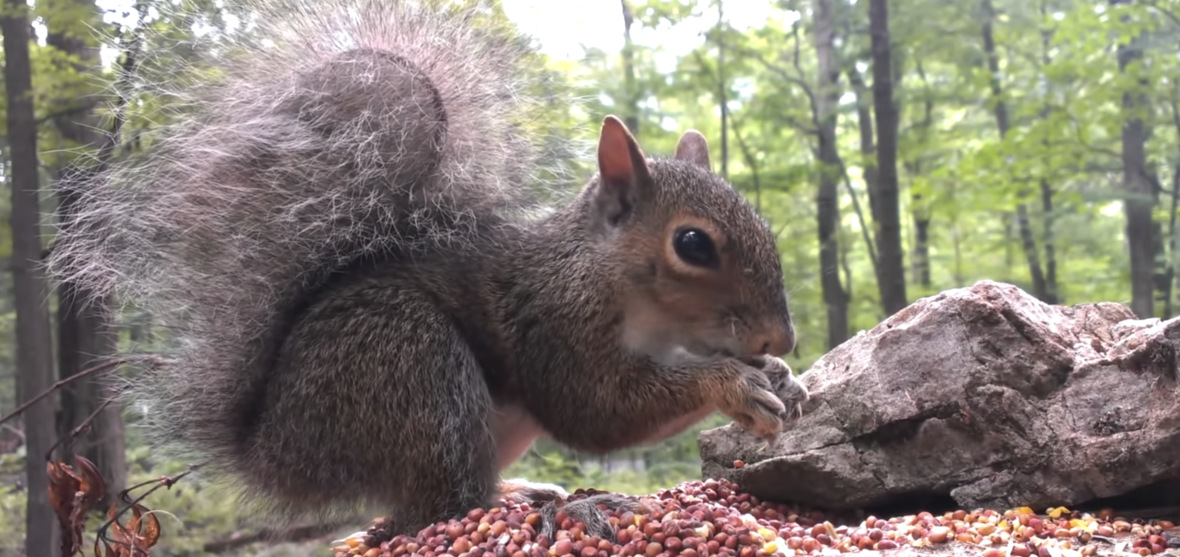- info@Riversideanimalattic.com
Call 24/7 for a free quote:
951-893-5337
Interesting Facts about the Teeth of Squirrel
Squirrels are agile creatures that are found in different corners of the globe. They are categorized under the family of Sciuridae together with their distant cousins such as marmots, chipmunks, and prairie dogs. Since squirrels are known as rodents, they share the same feature with other rodents which are their teeth that are constantly growing. You will notice how most squirrels will chew tough materials to control the growth of their teeth.

Facts about the Squirrel’s Teeth
Squirrels are armed with four teeth in front of their mouth that they will need to continuously grind. Their teeth perfectly match their lifestyle. It ensures them that they will still have a nice pair of teeth that they can use to open the tough shells of the nuts.
Tree Squirrels
The baby tree squirrel will immediately have 3 pair of teeth that will eventually be replaced as they grow old. Once they reached 5-months old, they will have a more permanent tooth. Just like humans, these teeth will no longer re-grow if they have been removed. The incisor teeth of the squirrel will manifest around four weeks after they have been born. They will have a total of 20 teeth which is different from the eastern grey squirrel that will have 22 teeth.
Malocclusion
Just like humans, the squirrel can also suffer from the improper alignment of the teeth also known as malocclusion. Usually, their incisor in the top or the bottom will be affected. If this continuously grows, this may result in the demise of the squirrel. This can either penetrate their skull or may cause starvation that will eventually lead to death. In order to avoid this, their teeth will need to be trimmed at least once every four weeks.
Odontoma
Odontoma is another problem in the teeth of the squirrel. When a squirrel has this condition, you will notice a discharge in their eyes and nose. Their interest towards food may also lessen. Most squirrels acquired this during their early age. This is basically the result of the trauma from chewing tough surfaces when they were still young. In some cases, this can be a genetic defect. In order to prevent this from happening, they will have to avoid putting too much stress to their teeth.
Function
The squirrel’s teeth fulfill a range of functions. Apart from grinding tough materials, it also acts as an extra sensory organ. The squirrels have excellent control of their teeth that enables them to probe the unfamiliar and new objects. Using their teeth, they will be able to extract different information about the object such as the density, hardness, texture, and even the temperature. They can also control the amount of pressure they can exert from a bite that is as light as a feather to a bite that can penetrate our bones.
When you notice two squirrels playing, you will see how they will bite each other. These bites are very light and will not be enough to sink into their skin but should be enough for the others to feel the bite. These are just some interesting things about their teeth.
Visit our Riverside wildlife control home page to learn more about us.

